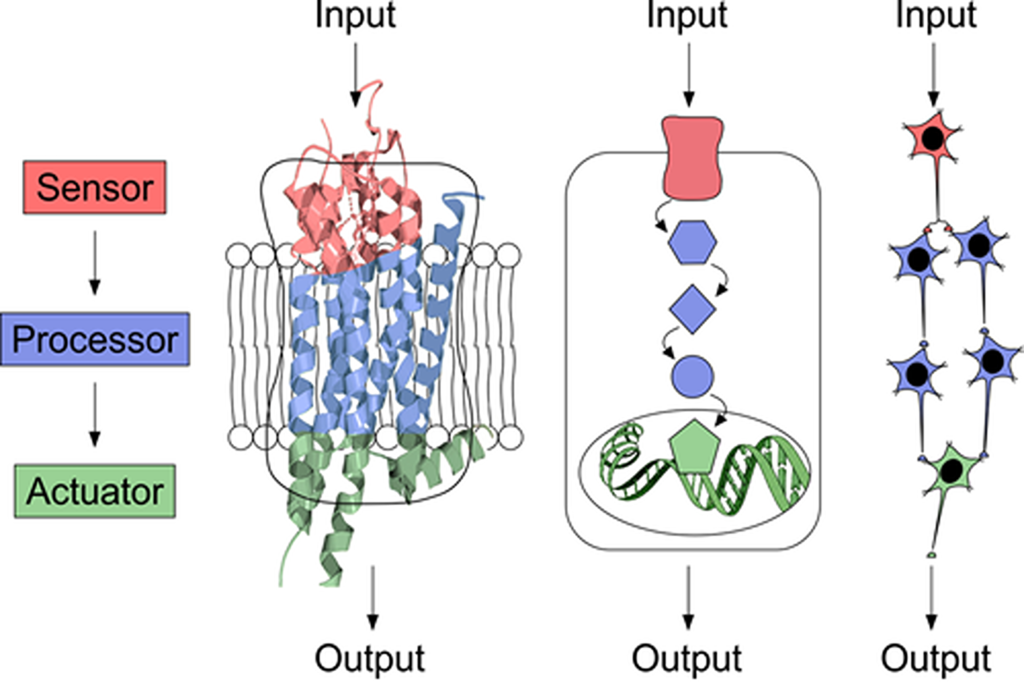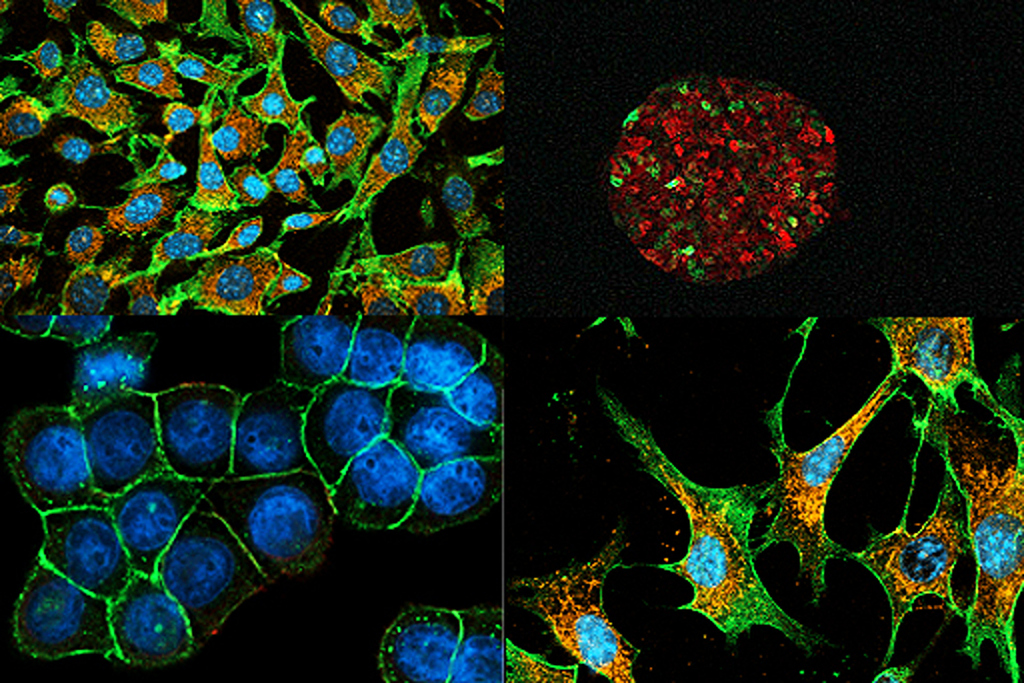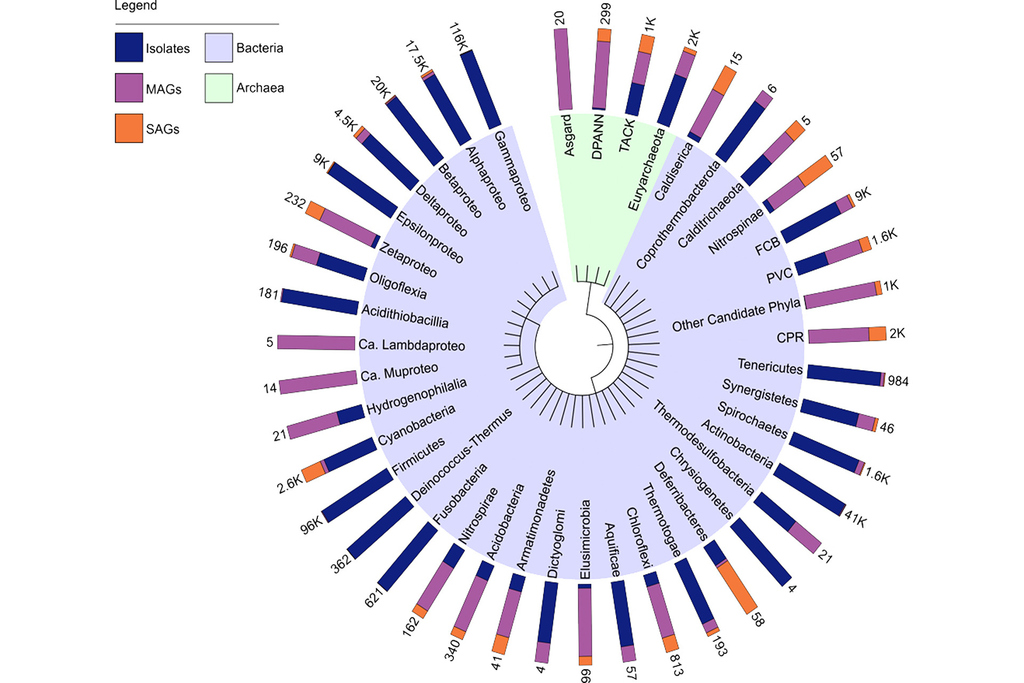
At the IBCS-BIP, we investigate how living systems aquire, process and utilize information - from molecular interactions to complex cellular and neural networks.
Our research aims to uncover the fundamental principles of biological information processing by studying how cells and organisms sense, integrate and respond to a wide range of internal and external cues. We use both cellular systems and model organisms. particularly zebrafish and medaka, supported by our animal facilities and state-of-the-art imaging technologies.
Combining expertise in genetics, biophysics, neurobiology and technology development, we examine information flow in biological systems across multiple scales of space and time. This systems-level understanding enables us to explore new avenues for innovation, includong DNA-based comupting, synthetic biology and intelligent biotechnologies.
Through interdisciplinary collaboration, we connect natural and artificial information processing, paving the way for bio-inspired technologies that harness the adaptibility, efficiency and robustness of living systems.
IBCS-BIP
Stringent regulation of signaling pathways is essential for development and homeostasis. Deregulation within these signaling pathways leads to pathological consequences. In our group, we investigate the functions of cell surface receptors, such as cell adhesion molecules (CD44), receptor tyrosine kinases (MET, VEGFR-2, EGFR,...), G-protein receptors (CXCR4) or LRP6 (Wnt signaling pathway), in various inflammatory diseases, including non-alcoholic liver disease, multiple sclerosis and cancer. Among other things, we are interested in the influence of these molecules on stem cell capacity and cell plasticity. In close collaboration with chemists and physicians, we are developing methods to specifically inhibit cell surface receptors such as CD44. A peptide identified in our laboratory is already in clinical test phase I/Ib.

Biotechnology and Microbial Genetics - AG Kaster
The Kaster lab uses innovative methods like single cell omics to investigate so far uncharacterized prokaryotic species. We are especially interested in microorganisms with a potential for biotechnological applications, such as novel natural product producers or bioremediators.
As part of the Master's program in Biology, research modules (F2 modules) are offered by IBG1 - Biomolecular Micro- and Nanostructures and IBG2 - Molecular Biophysics.
IBG - AG Kaster